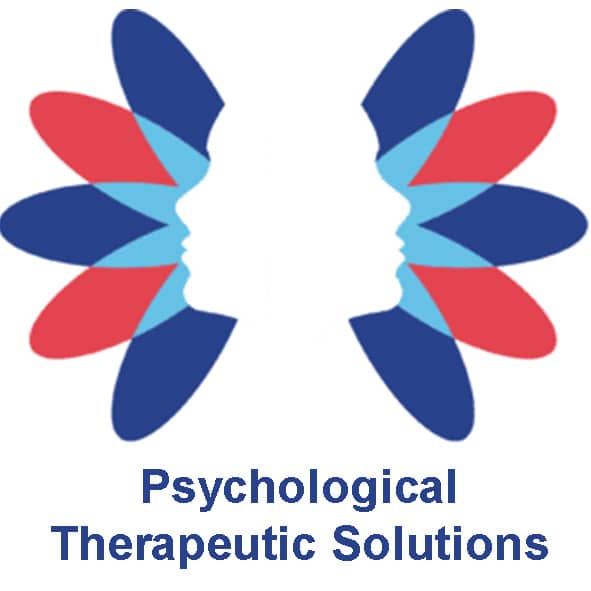Do I Need Therapy
Deciding whether or not you need therapy is a personal and individual choice. However, if you’re considering therapy, there are several factors and signs that might indicate it could be beneficial for you. Here are some things to consider:
- Emotional Distress: If you’re experiencing intense emotions such as sadness, anxiety, anger, or feeling overwhelmed, therapy can provide a safe space to explore and manage these feelings.
- Relationship Issues: Difficulties in relationships, whether with family, friends, or a romantic partner, can be a significant reason to seek therapy. A therapist can help you navigate communication challenges and improve relationship dynamics.
- Major Life Changes: Events like the loss of a loved one, divorce, job loss, or relocation can be emotionally taxing. Therapy can assist you in coping with these changes and adapting to new circumstances.
- Persistent Unhealthy Patterns: If you find yourself stuck in repetitive negative behaviours, thoughts, or patterns that hinder your well-being, therapy can help you identify and change these patterns.
- Difficulty Coping: If you’re having trouble coping with stress, daily challenges, or major life events, a therapist can provide coping strategies and support.
- Low Self-Esteem: Persistent feelings of worthlessness or low self-esteem may benefit from the guidance of a therapist who can help you build a more positive self-image.
- Trauma or Past Issues: If you have experienced trauma or have unresolved issues from the past that continue to affect your life, therapy can be a valuable tool for processing and healing.
- Physical Symptoms with no Clear Cause: Sometimes, emotional distress can manifest as physical symptoms (e.g., headaches, stomach aches) without an apparent medical cause. In such cases, therapy might be helpful in addressing underlying emotional issues.
- Lack of Motivation or Direction: If you’re struggling with motivation, direction, or a sense of purpose, a therapist can assist you in exploring your goals and finding ways to move forward.
- Self-Destructive Behaviours: Engaging in self-destructive behaviours, such as substance abuse or self-harm, is a serious sign that therapy may be necessary to address the root causes and provide support for change.
Remember that seeking therapy doesn’t mean you’re weak or incapable; rather, it shows strength and a commitment to your well-being. If any of these factors resonate with you, it may be worthwhile to explore therapy as an option. A mental health professional can provide personalised guidance based on your specific needs and circumstances.

















